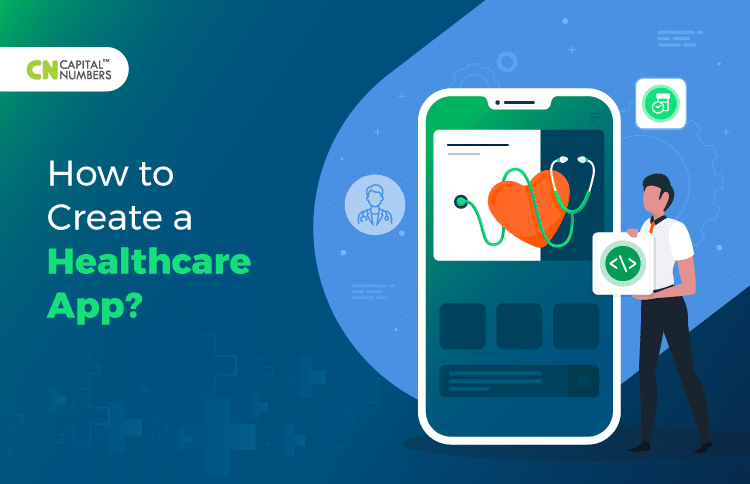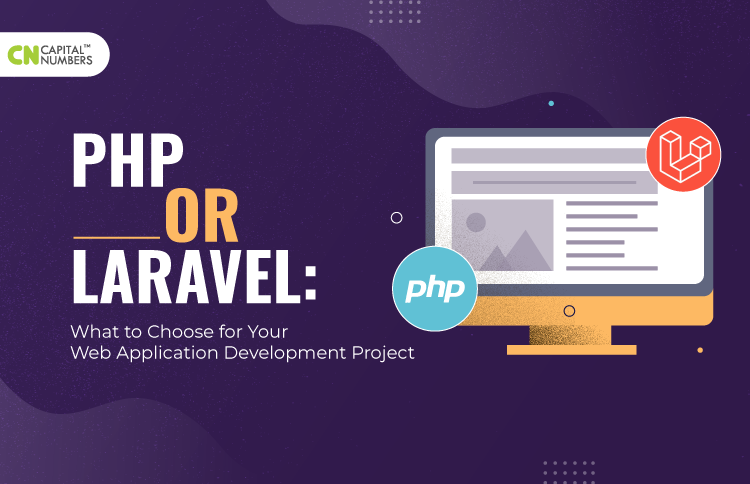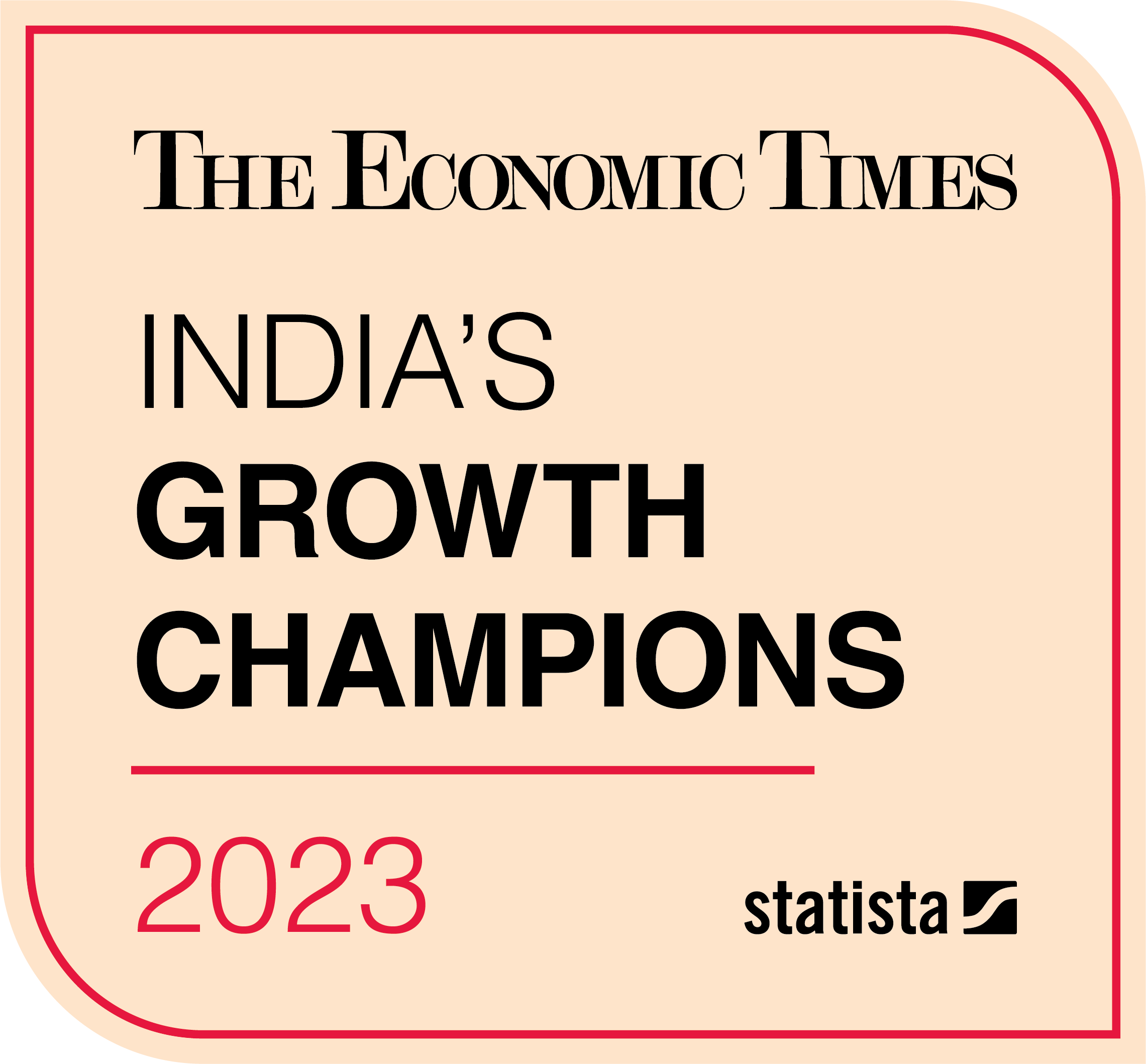How to Create a Healthcare App?
Table of Contents
The year 2020 has been an extraordinary time for the digital healthcare market, and 2021 will bring continued growth. There has already been a whopping 64% increase in the demand for virtual healthcare in 2020 alone, and it’s likely to grow sevenfold by 2025, as per Frost and Sullivan.
Various virtual healthcare-related aspects such as Artificial Intelligence (AI), telemedicine, and remote patient monitoring have got a big boost of around 300% in investment as per CB Insights.
Providing an efficient approach to diagnosis, telehealth systems, and healthcare apps are fast changing the healthcare landscape. They’re contactless, low-risk, and help reduce facility footprint significantly. They’ve largely replaced in-person hospital visits with virtual interactions, thereby minimizing chances of infections. Since they provide a safer way for healthcare staff to diagnose patients, they’ve gained massive popularity in 2020.
Looking at the dramatic penetration of telehealth and healthcare apps, experts believe that there will be a steady flow of investments in this sector in 2021 and beyond. Moreover, Acumen Research and Consulting has cited that the global digital health market will reach over US$500 billion by 2026.
If you want to tap into this potential market, create a well-designed healthcare app with the following features to stay on top of the growth curve.
How to Create a Healthcare App?
| Dashboards
Include a robust dashboard that offers a graphical summary of patient data such as diagnosis history, drugs, dosages, treatments, lab results, and other KPIs to help doctors keep a tab on patients’ recovery progress. |
Doctors’ Profiles
Add a list of doctors’ profiles that contains doctors’ qualifications, specializations, contact numbers, and reviews to help patients evaluate each doctor’s credibility and reputation. |
| Appointments
Facilitate timely access to consultations by connecting experienced doctors with patients through online appointments and eliminate long queues at clinics. |
EHR
Implement Electronic Healthcare Record (EHR) in the app to let doctors and patients access all medical records such as demographics, medication list, patient history, clinical notes, etc., in real-time. |
| e-Prescriptions
Let doctors generate prescriptions within the app for patients to access them whenever required, thereby improving workflow and patient satisfaction. |
Video Calls and Chats
Integrate video calls, voice calls, and chat options in the app so that patients can engage in live conversations with their doctors at convenient time-slots and get medical advice on-the-go. |
| Notifications
Add smart alerts to notify doctors and patients about upcoming appointments, scheduled medications, injections, prescriptions refills, routine checkups, and other important updates that require timely reminders. |
Integration with Wearables
Link your app with wearables used by patients to enable live tracking of patients’ blood pressure, pulse rates, heart rates, etc., and facilitate minute-to-minute monitoring of chronic diseases (if any). |
| Patient Privacy
Ensure your healthcare app is HIPAA and FDA compliant to prevent disclosure of sensitive health-specific information or drug names without patients’ permission. |
Payment
Simplify the billing process with an intuitive payment solution to help patients pay for doctors’ consultations, prescriptions, and other medical expenses, thereby enhancing in-app transactions. |
Implement the above in your app to step up the entire care journey on individual and population levels. Especially in our new COVID-19 realities, create a product that enables connected care capabilities within a contactless environment.
For the best results, find a trusted digital partner that will take on your app development challenges and support you at every step to value-based care.
The right agency will put your needs first and offer tailored solutions for different types of healthcare apps such as the following:
Types of Healthcare Apps
| Remote Patient Monitoring Apps
These apps help caregivers remotely track patients’ medications and physical activities and share relevant updates with the doctors and family members. |
Telemedicine Apps
Telemedicine apps enable patients to engage in e-consultations with their doctors through audio or video conferences and receive expert advice without leaving their homes. |
| Medical Reference Apps
These help physicians stay up-to-date about new drugs, medical conditions, medical procedures, and opportunities in the medical space. |
e-Prescription Apps
These apps allow doctors to prescribe new medicines, refill dosages, and access prescription history, thereby engaging in seamless communication with patients and pharmacists. |
To Summarize
In this new era of care, healthcare apps can better connect physicians, patients, and healthcare as a whole. Countries like the USA, the UK, Germany, Canada, and Denmark have substantial market potentials for digital health solutions.
Experts feel that digital health solutions can have a massive impact on a patient’s life cycle, including prevention and education (66%) and quarantine management (51%).
There’s no doubt that innovation in these apps holds promise.
So, if you want to create a feature-rich healthcare app and unleash the power of mobile health, get in touch with us.
Our experts will work out a viable mobile app strategy to deliver real value for improved patient outcomes.
Talk to us for a FREE consultation today!


 Web Development
Web Development Cloud Engineering
Cloud Engineering Mobile App Development
Mobile App Development AI/ML/GenAI
AI/ML/GenAI E-commerce
E-commerce Software Development
Software Development UI/UX
UI/UX QA
QA Dedicated Teams
Dedicated Teams











